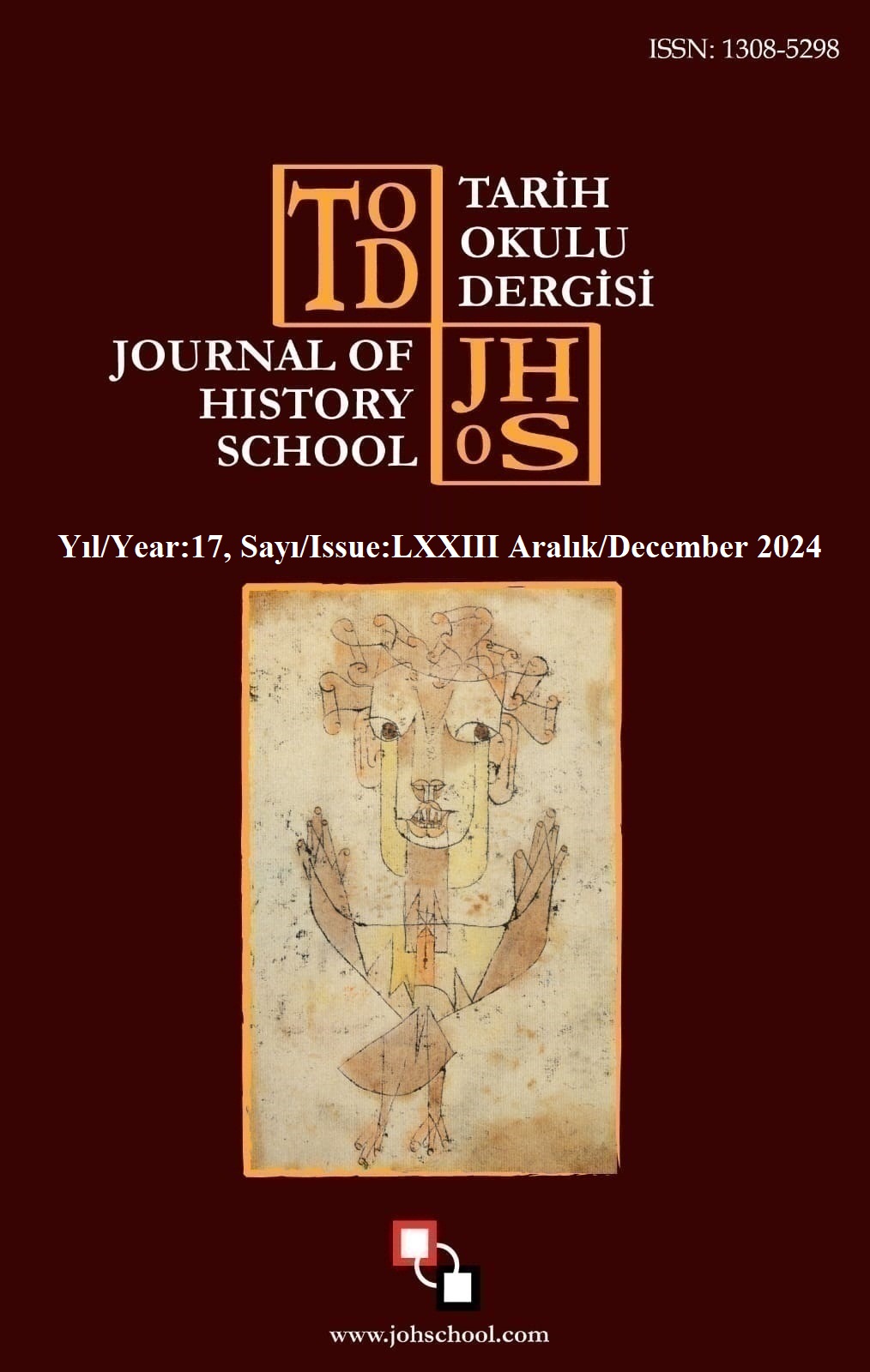TÜRKİYE YÜZYILI MAARİF MODELİ “KÖKLERDEN GELECEĞE” VİZYONU BAĞLAMINDA MUSTAFA ŞEKİP TUNÇ’UN EĞİTİM PROGRAMI TASAVVURU
Author :
Abstract
Bu araştırmanın temel amacı, Türk düşünce ve modernleşmesinde öncü kişilerden Mustafa Şekip Tunç’un, harf inkılabından önce yazdığı “Felsefe Dersleri-Ruhiyat” kitabının Türkiye’ de modern eğitim programı fikrinin gelişimine olan katkısını vurgulamaktır. Bu temel amaç için söz konusu kitap; biçim, kapsam ve eğitim programının öğe ve temelleri, tarihsel arka plan bağlamında incelenmiştir. Böylece Türkiye’de çağdaş eğitim programı fikrinin gelişim seyri ortaya konulmaya çalışılmıştır. Nitel paradigmaya uygun olarak kurgulanan bu çalışma, tarihî survey yöntemi ile yürütülmüştür. Çalışmanın verilerini tarihi bir doküman niteliğindeki kitabın incelenmesi neticesinde elde edilen bilgiler oluşturmaktadır. Çalışmanın alt amaçları doğrultusunda yine kitap kapsamı, çağdaş eğitim programının ögeleri, psikolojik ve tarihî temelleri ile öğretim süreci bağlamında irdelenmiştir. Buradaki veya bu süreçteki amaç, resmî otorite tarafından yazdırılmış olan bu kitabın, çağdaş eğitim programının teori ve pratik öncüllerinden olup olmadığı, müfredatın tarihî sürümü sayılıp sayılamayacağının ortaya konulmasıdır. Çalışmada Mustafa Şekip Tunç’un “Felsefe Dersleri-Ruhiyat” kitabının, doğrudan çağdaş eğitim programını çağrıştırmaktan ziyade, “müfredat” veya “müfredatın öncülü” sayılabileceği sonucuna varılmıştır.
Keywords
Abstract
The main purpose of this study is to emphasize the contribution of the book “Felsefe Dersleri-Ruhiyat” written by Mustafa Şekip Tunç, one of the pioneers of Turkish thought and modernization, to the development of the idea of modern curriculum in Turkey. For this main purpose, the book in question was analyzed in terms of form, scope, elements and foundations of the curriculum and its historical background. Thus, it was tried to reveal the course of development of the idea of contemporary curriculum in Turkey. This study, which was designed in accordance with the qualitative paradigm, was conducted with the historical survey method. The data of the study consists of the information obtained as a result of the examination of the book, which is a historical document. In line with the sub-objectives of the study, the scope of the book was examined in the context of the elements of the contemporary education program, its psychological and historical foundations and the teaching process. The aim is to reveal whether this book, which was written by the official authority, is one of the theoretical and practical precursors of the modern education program and whether it can be considered as a historical version of the curriculum. The study concludes that Mustafa Şekip Tunç's “Felsefe Dersleri-Ruhuhiyat” can be considered as a “curriculum” or a “predecessor of the curriculum” rather than directly evoking the contemporary curriculum.





